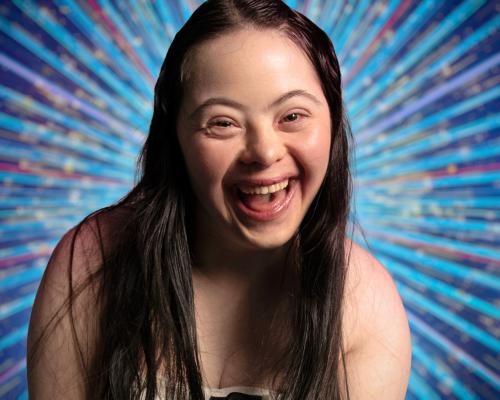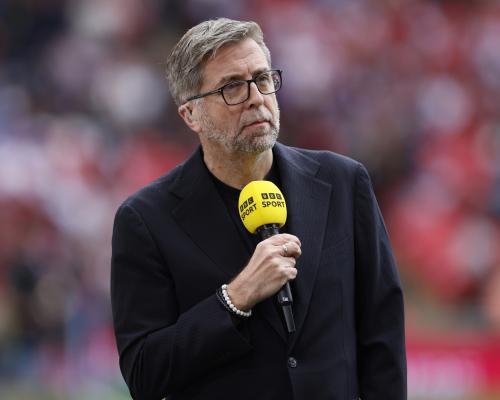
Strictly Come Dancing has announced that this year’s competition will feature its first contestant with Down’s syndrome, the model and actor Ellie Goldstein.
Goldstein was the first model with Down’s syndrome to appear on the cover of British Vogue. She has also partnered with Mattel to launch the first Barbie with the condition.
“I’m absolutely over the moon to be joining the cast and pros of Strictly Come Dancing this year,” said Goldstein. “It’s a show I’ve loved watching for so long and the chance to now be part of it feels like a dream. I know it’s going to be challenging, but I’m ready to do it with the glitter and glamour and make some magic on that dancefloor. Let the Strictly journey begin!”
Goldstein is the latest in a series of Strictly contestants seemingly intended to widen access to dance since the Paralympian Jonnie Peacock took part in 2017. In 2021, Rose Ayling-Ellis, who was the show’s first deaf contestant, won the competition. In 2022, Ellie Simmonds became the contest’s first participant with dwarfism and last year’s series was won by Chris McAusland, the show’s first blind dancer.
Goldstein is the ninth contestant to be announced for this year’s competition. Other confirmed participants include the former footballer Jimmy Floyd Hasselbaink, the Love Island star (and daughter of Danny Dyer) Dani Dyer and the former England rugby captain Chris Robshaw. They are joined by the EastEnders actor Balvinder Sopal, the social media personality George Clarke, the Drag Race UK finalist La Voix, Harry Aikines-Aryeetey – AKA Nitro from Gladiators – and the actor Alex Kingston.
This year’s contest takes place after the BBC’s investigation into alleged cocaine use by two Strictly stars, who were accused by the Sun on Sunday of a drug habit that was “talked widely about among the cast”.
In June, the EastEnders star Jamie Borthwick was suspended by the BBC after a video emerged of him using an ableist slur during Strictly rehearsals in November.
Borthwick apologised and a BBC spokesperson said: “This language is entirely unacceptable and in no way reflects the values or standards we hold and expect at the BBC. We have robust processes in place for this.”






